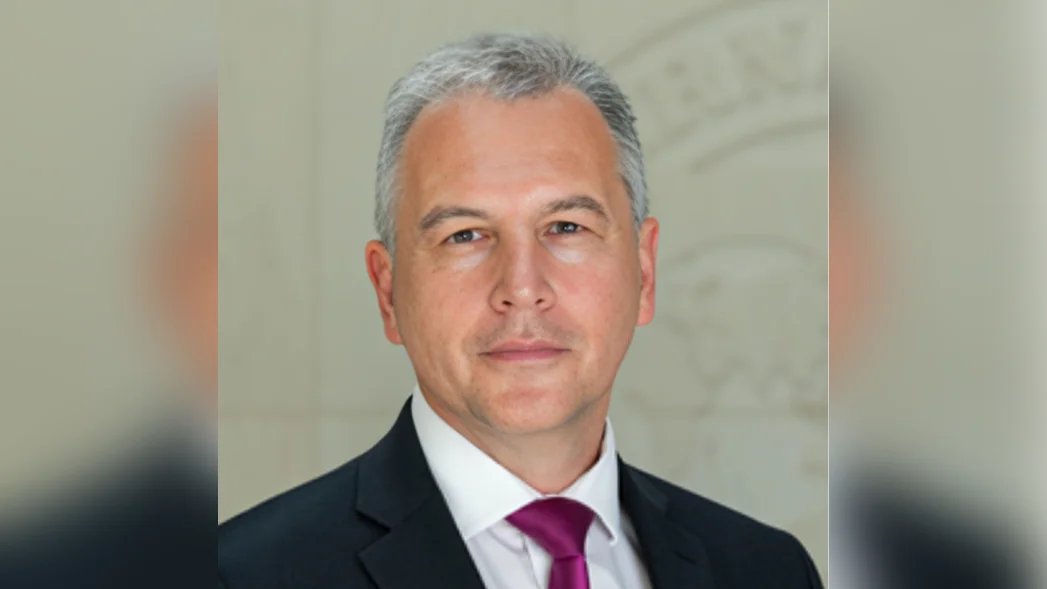Europe is facing ongoing economic challenges, according to remarks delivered at the International Monetary Fund’s (IMF) European Department press briefing on October 17, 2025. The briefing highlighted that persistent trade tensions and uncertainty are limiting investment and short-term growth, while the region’s medium-term prospects remain subdued.
Officials noted that although Europe has managed significant shocks in recent years, the continued effects are now impacting both the economic and fiscal outlook. There is an active debate in Europe about how to increase productivity and growth, but so far, substantial reforms have not been implemented. The IMF warned that “delaying or shortcutting reforms could result in substantial economic and social costs.”
On inflation, the IMF observed a quicker return to target levels, attributed to lower energy prices and, in some cases, stronger currencies within the euro area.
Looking ahead, the IMF stated that Europe has “essentially decelerated back to its low rate of potential growth.” The briefing pointed out that while technologies like artificial intelligence could improve productivity, existing obstacles such as fragmentation of the EU’s single market and restrictions on capital and labor mobility could limit the benefits.
The IMF addressed what it called Europe’s “twin deficit: growth and fiscal sustainability.” It cautioned that “continued policy drift would not only weaken Europe’s chances of raising medium-term growth but also greatly amplify the fiscal challenges ahead.” The organization’s research indicates that “successful implementation of growth-enhancing reforms would alleviate fiscal burdens, improve debt dynamics and reduce the need for fiscal consolidation.”
To address these issues, the IMF recommended several policy actions: ensuring stability through balanced macroeconomic policies, enacting transformational reforms to lift growth, and recognizing that current fiscal plans are insufficient to handle Europe’s large fiscal pressures. The IMF emphasized that “reforms are difficult, but delayed or incomplete reforms are even more costly,” and urged policymakers to make the case for reforms and engage in social dialogue.
The briefing concluded with a call for action: “Europe stands at a pivotal juncture. Growth is too low, and there is no shortage of challenges that could make things even worse. But Europe has a choice. Our analysis shows that bold and comprehensive reforms can do away with many of the obstacles that are holding the economy back. Policymakers know what there is to do—it’s time to do it.”
Several IMF working papers were referenced in support of these assessments, including analyses of productivity weakness, structural reform priorities, and long-term spending pressures in Europe.

